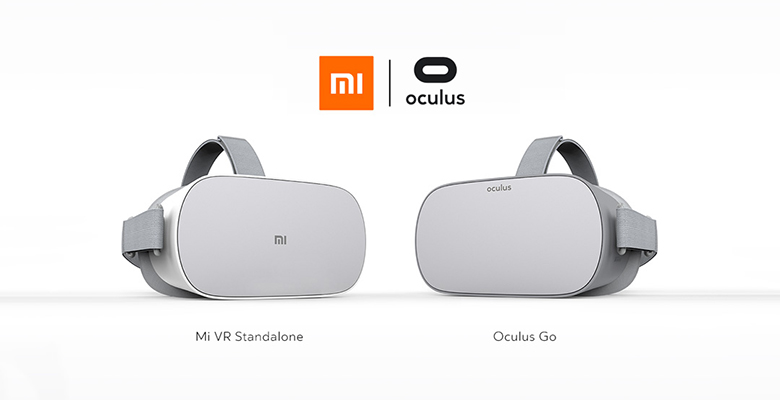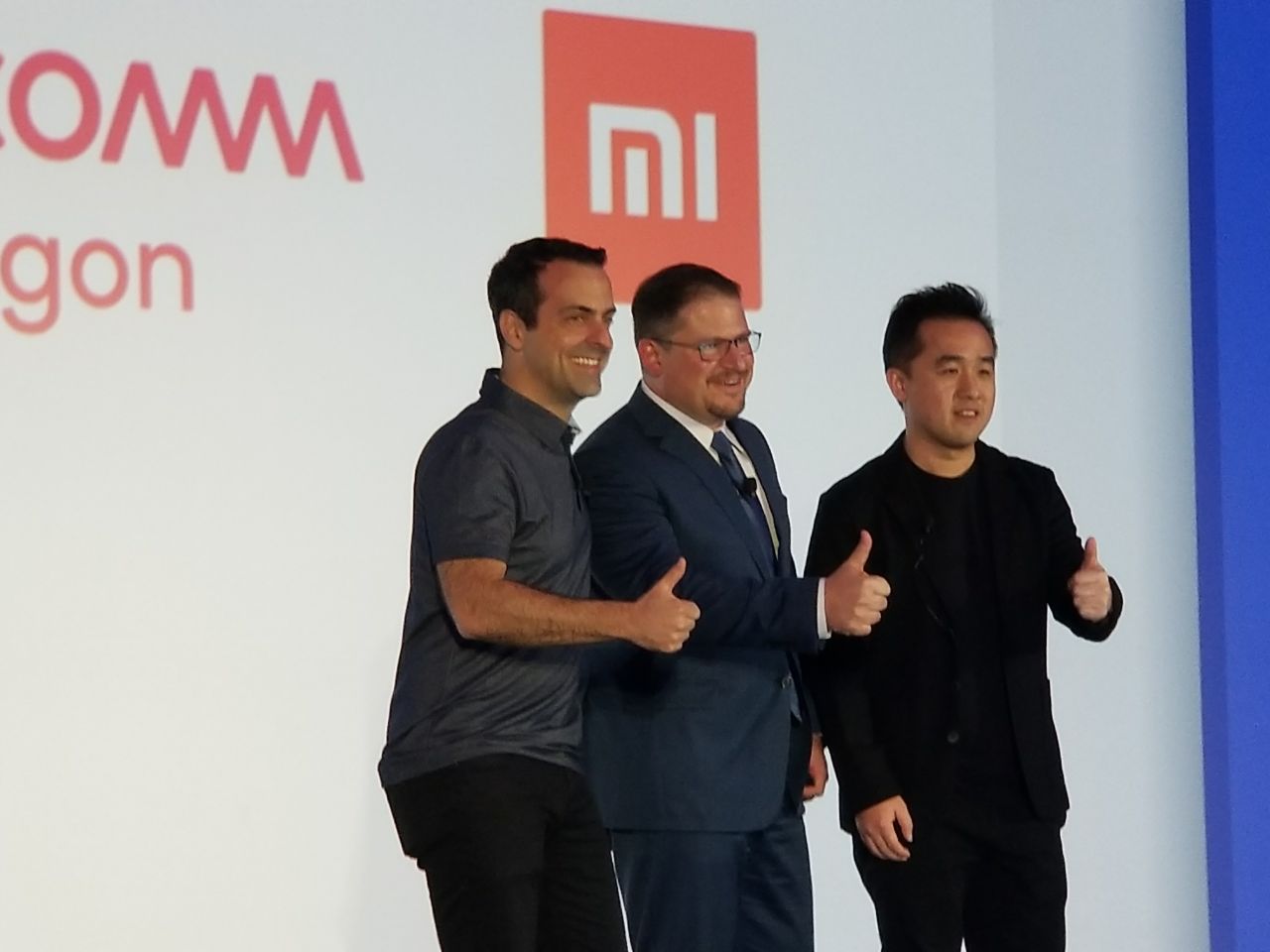Oculus Continues Drive For Standalone VR, Partners With Xiaomi, Qualcomm
Oculus announced that it formed a strategic partnership with Xiaomi and Qualcomm to bring affordable standalone VR to the worldwide market. Xiaomi signed on to build the Snapdragon-powered Oculus Go headset, and it will make a Xiaomi-branded clone for its home market in China.
Oculus first revealed the Oculus Go VR headset at the Oculus Connect 4 conference in October. The company said that the upcoming HMD would be a self-contained unit with all the processing and battery power built into the body of the device. It also revealed that the Oculus Go headset would support all the applications and games on the Gear VR platform.
In October, Oculus wasn’t forthcoming about the specifications of the device, but sources close to the matter told us that the Oculus Go would be powered by a Snapdragon 821 SoC. Today, Oculus and Qualcomm confirmed what we were told in October. Most standalone VR devices feature Qualcomm’s flagship Snapdragon 835, but Oculus went with the older chip to keep the price down. The Oculus Go doesn’t need the more powerful processor; after all, the content on the Gear VR platform must support all models of Gear VR, and the first Oculus-ready phones included Snapdragon 821 chips.
Oculus also revealed that it would be working with Chinese smartphone maker Xiaomi to manufacture the Oculus Go headset. Xiaomi will in turn license the hardware design and sell it under the Xiaomi brand as the "Mi VR Standalone" headset.
The Xiaomi Mi VR Standalone HMD is for China only, and it operates on the company’s proprietary Mi VR platform. Xiaomi’s headset doesn’t support the Oculus Store, but it does support the Oculus Mobile SDK, which enables Oculus developers to bring their content to Xiaomi’s platform.
When Oculus announced the Oculus Go HMD, the company said it would be available in early 2018 for as little as $199. Hugo Bara, CEO of Oculus, didn’t have anything more to say about the release date, but he said we could expect more details soon.
Get Tom's Hardware's best news and in-depth reviews, straight to your inbox.
Kevin Carbotte is a contributing writer for Tom's Hardware who primarily covers VR and AR hardware. He has been writing for us for more than four years.
-
Sakkura Facebook is banned in China, so they probably had to find a partner for that market anyway. Coupling that with a manufacturing partner is a good idea.Reply
Unfortunately the Oculus Go is just not a very interesting device. It's too crippled, with only 3DOF (rotational) tracking. Santa Cruz is more interesting but apparently not close to shipping.
I suppose Oculus Connect 5 in October could be when they launch Santa Cruz, and when they give us the first glimpse of their next PC VR headset.

